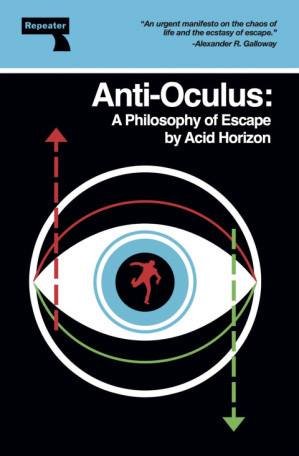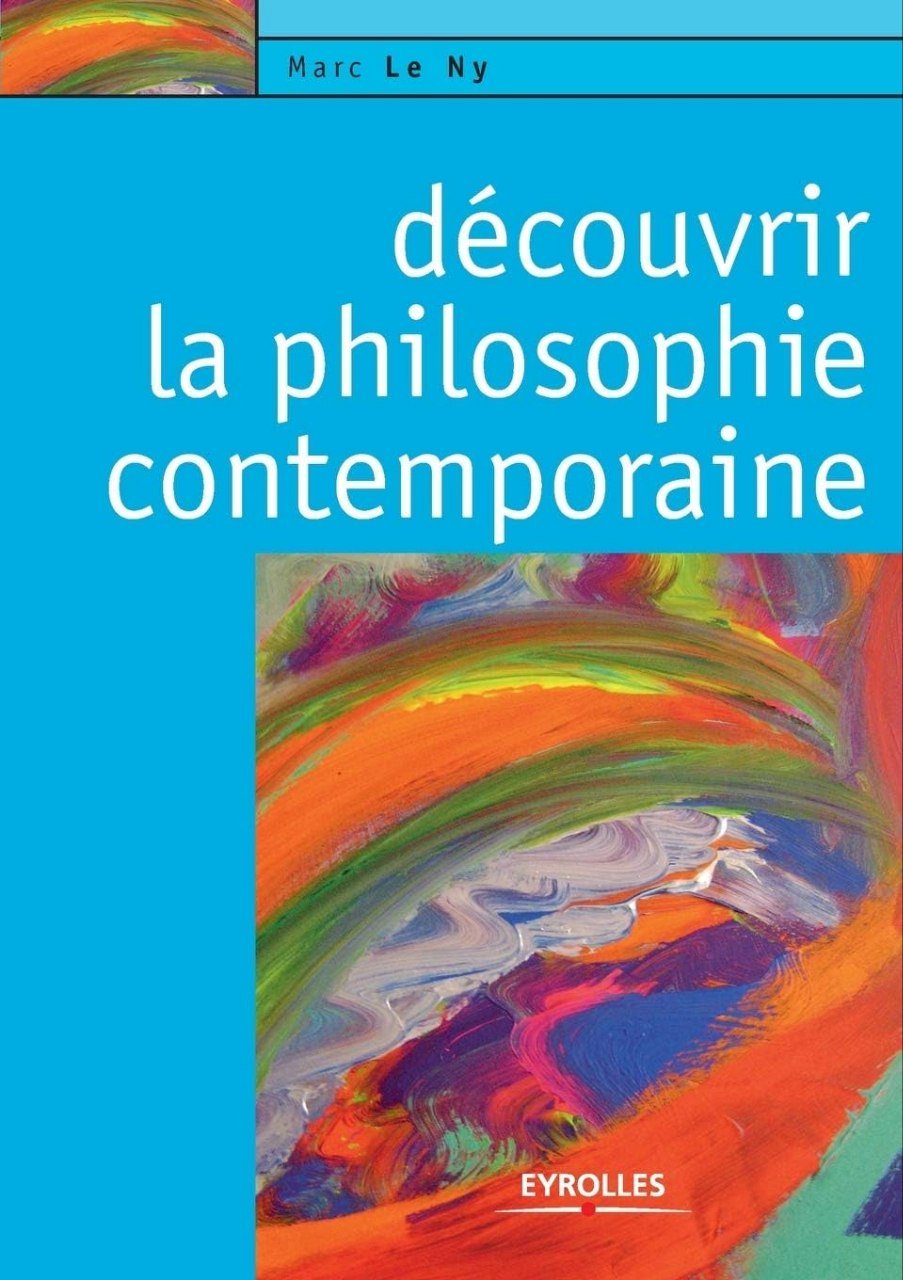

Philosophy of Biology by Sahotra Sarkar
Reviews
No review yet. Be the first to review this book!
Description
Philosophy of Biology by Sahotra Sarkar is a comprehensive and insightful examination of the conceptual foundations and philosophical questions that arise within the biological sciences. Written by one of the leading figures in the field, this book explores how biology—especially evolutionary theory, genetics, ecology, and molecular biology—raises deep philosophical issues that challenge traditional metaphysical and epistemological assumptions. Sarkar begins by situating biology within the broader scope of scientific inquiry, emphasizing that, unlike physics, biology is often historical and contingent in nature. This opens up philosophical debates about reductionism (whether biology can be fully explained by physics and chemistry), teleology (whether organisms are goal-directed), and the nature of biological explanation itself. He critically examines various positions, such as the reductionist view that complex biological processes can be fully explained through molecular biology, versus more holistic or emergent perspectives that argue for the irreducibility of biological systems. A major theme in the book is evolutionary theory, particularly Darwinism. Sarkar dissects the philosophical implications of natural selection, adaptationism, and debates over the units of selection (e.g., genes, individuals, or groups). He also critiques overly simplistic or deterministic views of genes, drawing attention to the complexity and interplay between genotype and phenotype, and arguing against genetic essentialism. The book delves into philosophical issues in ecology and conservation biology, which are often neglected in mainstream philosophy of science. Sarkar explores how values, ethics, and environmental concerns intersect with biological knowledge, particularly in the context of biodiversity and ecosystem management. Another significant area Sarkar addresses is the epistemology of biology—how biological knowledge is generated, validated, and structured. He discusses the role of models, metaphors, and statistical reasoning in biological research, as well as challenges posed by incomplete or ambiguous data in evolutionary biology and paleontology. Throughout, Sarkar maintains a critical and analytical approach, presenting competing viewpoints fairly while offering his own well-reasoned arguments. He is particularly attentive to the pluralism inherent in biology—the idea that multiple levels of explanation (molecular, cellular, organismal, ecological) are not only possible but often necessary. In conclusion, Philosophy of Biology by Sahotra Sarkar is both a rigorous academic text and a deeply engaging philosophical exploration of life sciences. It is ideal for students, philosophers, and biologists alike who are interested in the conceptual issues at the heart of biology. Sarkar’s work reminds readers that biology is not just a collection of facts about living organisms, but a vibrant, evolving discipline that continually raises profound questions about life, knowledge, and the human place in nature.





















.jpg)




.jpeg)
.jpeg)


.jpg)


.png)






.jpg)





.jpg)

.jpeg)











.jpg)







.jpeg)

.jpg)



.jpeg)














.jpg)
.jpg)
















































